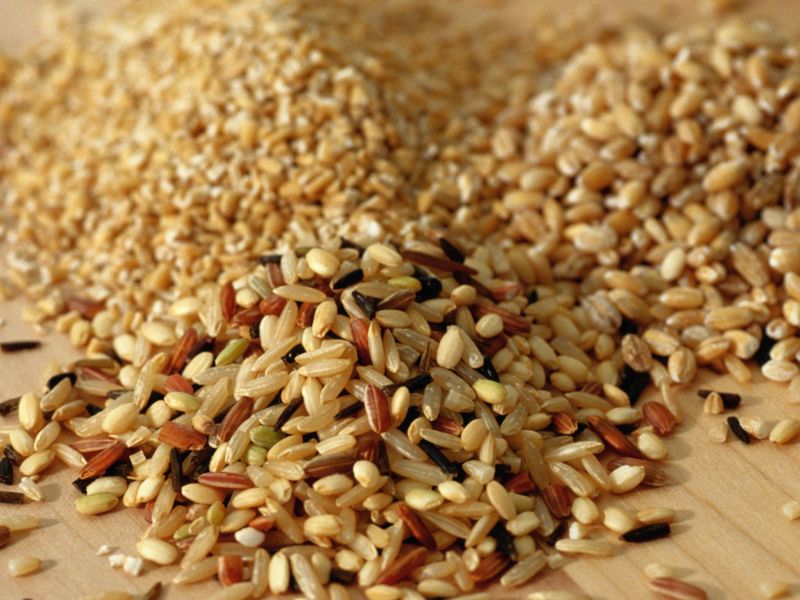
Certain risk factors in childhood can identify those who are more likely to suffer severe obesity in adulthood, a new study finds. The research included more than 12,000 participants from different countries who were followed from childhood in the 1970s and 1980s into adulthood. In childhood, 82% of the participants had normal weight, 11% were… read on >






























